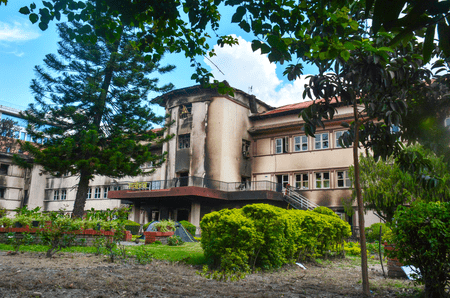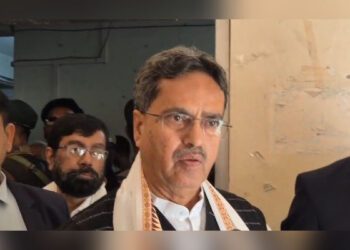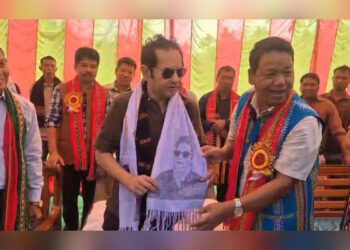Kathmandu, Oct 14 : Nepal’s Supreme Court on Tuesday received nearly a dozen writ petitions challenging the appointment of former Chief Justice Sushila Karki as Prime Minister and the dissolution of the House of Representatives, both of which were approved by President Ram Chandra Poudel on September 12.
According to Nirajan Pandey, Assistant Spokesperson at the Supreme Court, “As many as 10 writ petitions have been filed challenging the constitutionality of Karki’s appointment and the house dissolution. They are yet to be registered and will be reviewed before a decision is made.”
One of the petitions, filed by lawyer Yubaraj Poudel, argues that the Constitution bars Karki from holding any government office after retirement from the judiciary. Article 132(2) explicitly states that no former Chief Justice or Supreme Court judge can assume a government position unless the Constitution provides otherwise. The writ also contends that Karki’s appointment, made under Article 61 instead of Article 76, bypassed the established constitutional process for electing a Prime Minister.
Petitioners have further demanded reinstatement of the dissolved House, terming its dissolution unconstitutional, and have urged the court to allow impeachment proceedings against the President for alleged constitutional violations.
Legal experts noted that Karki’s appointment was justified by the “doctrine of necessity” — a principle used in Nepal’s political crises since the 1950 revolution. However, constitutional lawyer Bipin Adhikari cautioned that relying on necessity over law undermines constitutional governance.
The controversy mirrors the 2013 appointment of then Chief Justice Khil Raj Regmi as head of the interim government, a move later deemed constitutionally questionable.
Meanwhile, Nepali Congress chief Sher Bahadur Deuba addressed party members, recalling attacks on him during the recent Gen-Z protests and announcing that he would not contest the party presidency in the next convention.


















